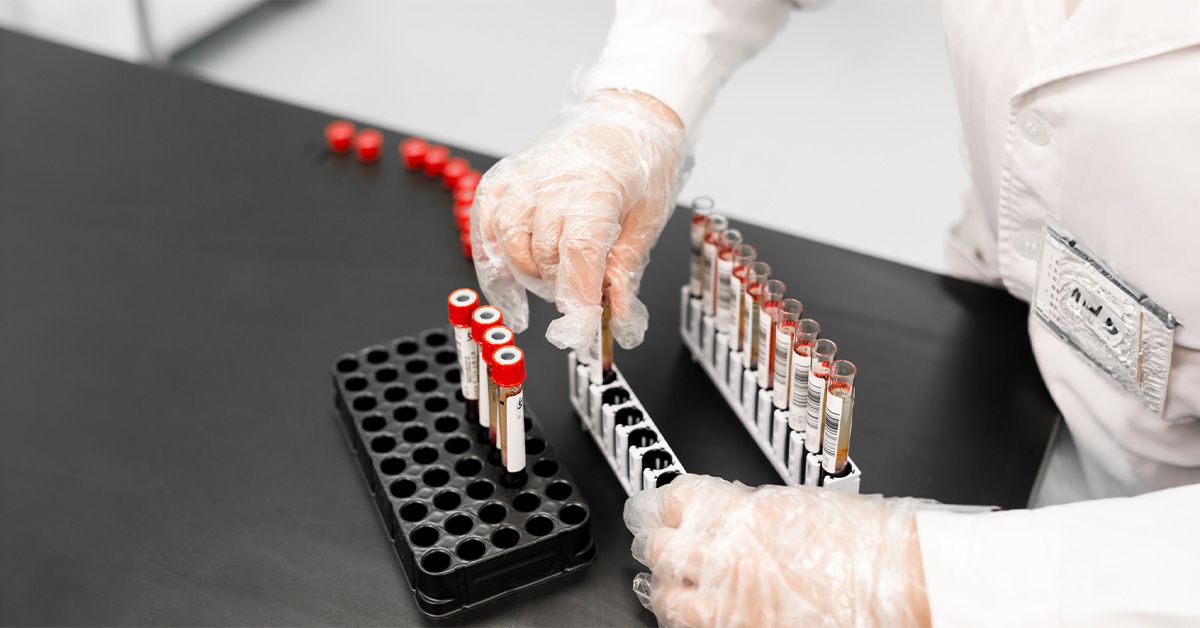Time: 2024-06-22

A groundbreaking study by researchers from University College London and University Medical Center Goettingen in Germany has developed a new blood test that could potentially reveal Parkinson's diagnoses up to seven years before symptoms emerge. This innovative approach utilizes artificial intelligence to analyze blood samples from patients with rapid eye movement behavior disorder (iRBD), a condition associated with a higher risk of Alzheimer's.
The study, published in the journal Nature Communications, identified that 79% of patients with iRBD exhibited similar biomarkers to individuals with Parkinson's disease. Over a 10-year follow-up period, 16 patients were confirmed to have developed Parkinson's, a movement disorder impacting nearly one million people in the U.S.
The new blood test offers a less invasive alternative to lumbar punctures commonly used in clinical research to diagnose Parkinson's. Professor David Dexter, director of research at Parkinson's UK, emphasized the significance of this research in advancing the search for a definitive and patient-friendly diagnostic test for Parkinson's.
The researchers plan to continue monitoring participants to validate the accuracy of the test and analyze samples from individuals with a genetic predisposition to Parkinson's. This blood-based test represents a monumental step towards simplifying the detection and measurement of Parkinson's and distinguishing it from similar conditions like multiple systems atrophy or Lewy body dementia.
Dr. Harvey Castro, an AI expert in healthcare, commended the development, highlighting its potential to diagnose and predict severe health conditions, facilitating earlier interventions. The integration of advanced technologies into medical practice, like AI-powered diagnostic tools, could revolutionize patient outcomes and healthcare delivery.
As with any medical advancement, early detection through AI-powered blood tests must be approached with caution, considering the psychological impact of knowing about a potential future illness. However, this paradigm shift in addressing neurodegenerative diseases underscores the importance of leveraging advanced technologies for improved patient care.
In conclusion, the collaboration between artificial intelligence and blood tests offers a promising avenue for early diagnosis and treatment of Parkinson's disease, demonstrating the transformative impact of innovative healthcare technologies on patient outcomes.